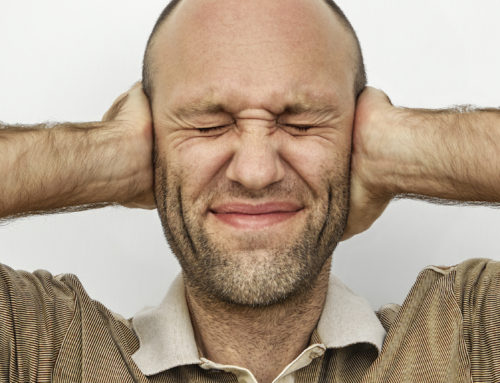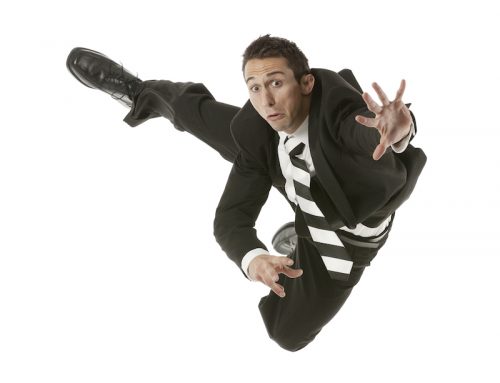I’ve never been known for my hair. In fact it’s been a struggle most of my life and I even remember my mother apologizing that I “got her hair” – that stung! But on occasion as I put away the blow dryer I’m satisfied with the reflection in the mirror. Recently I had one of those mornings. I left the house feeling confident as I was rocking a “good hair day!”
That statement is cause for pause…. feeling confident because of good hair? Yes, it happens to all of us – how we are feeling inside impacts our outward actions and behaviors. And it’s true. I walk with a bit more kick in my step when I feel better about how I look – and I suspect you do too! As Anderson and Adams discuss in their book Mastering Leadership, “What you hold in your consciousness tends to manifest – (our) inner game runs the outer game.” For all of us, what goes on in our minds, what we are thinking and feeling (our inner game) directly impacts how we behave and respond to the stimulus we face throughout the day (our outer game).
What you hold in your consciousness tends to manifest – (our) inner game runs the outer game.
But one’s inner game is not as simple as feeling good about how we look.
Anderson and Adams describe our inner game as being our “internal operating system.” (IOS) It’s what we value, what we see as important, what we believe and how we define ourselves. He refers to leadership consciousness as the inside game of leadership, and “mastery is a well-honed outer game arising from a very mature inner game.”
So what do I do on my bad hair days?
Manage my inner game. Control my self-talk. Put a kick in my step regardless. Find something more important to focus on, and create positive thoughts.
But that’s just the tip of the iceberg. Mature leaders have an extreme level of self-awareness and emotional intelligence. They know themselves very well. They are clear about their values and beliefs, and align their actions with such. They know what triggers a bad inner game and “play to win” (Wilson, 1998). It’s an offensive, pro-active game – leading forward. Not a reactive, defensive game in which we are “playing not to lose.” (Anderson & Adams, 2016)
So how’s your inner game?
It’s not whether or not you have an inner game. We all have an inner game going on. Maturity and mastery comes with creating a keen awareness of how well we are playing our inner game so we can “win” our outer game, and be effective leaders. Of course there’s another option – get a wig!
Action Steps:
- Spend time thinking through your inner game – how clear is your IOS? What are your values and beliefs? Tip: Leadership coaching can help this process.
- Read Mastering Leadership; Anderson & Adams
- Take a DiSC assessment. DiSC provides insights into your values and beliefs.
- Build your Emotional Intelligence. Read Emotional Intelligence 2.0; Bradberry & Greaves. It comes with an access code to take an EI appraisal.Track your “triggers.” Keep a log of what “gets under your skin” and recognize where this fits into your inner game and impact on your outer game.






